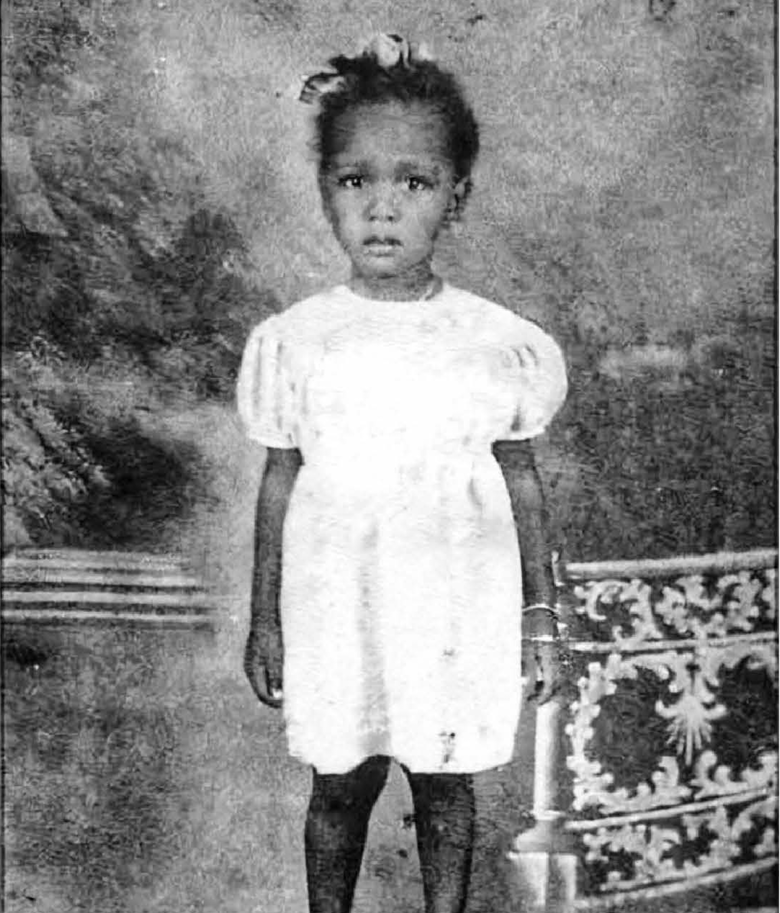By DAVID RYAN
now that your dad’s gone your mom gets lost in the dark a lot; lost mid-stairs, or in the walk-in closet, or deep in the pantry, lost in the dark sub-terrain of the basement; or here, now at the kitchen counter, glaring out the lost window at the lost backyard, an array of convex and concave mirrors, rigged foil panels, little jet booster engines idling; sun pours in shimmering off her shoulder, crests around the gloss of her face; and you watch as she slowly turns now that your dad’s gone—
she turns to glass and extravagant composites and a math your young brain already knows it’ll never grasp; incidental noise roaming the sonic stillness like a distant satellite; you see her on the living room sofa so still her breath might shatter were she to flinch; you watch, chilled in the gravity, your reflection distorted in the curve of her reflective surfaces; her glass neck and arms and cheekbones, your stillness wanting only to pass through without alarming her, to take shape inside her; to soften what has gone quick and hard and brittle glass and extravagant composites—
you’ve seen her stare and stare, until you rise and pass into her and see that you’re already there, you’re just a little child inside her staring back. You lean in, watch your father through her glass eyes, see his upturned image, reversed like some camera obscura; he’s wearing an asbestos suit, back at the International Harvester in the foundry, pouring ores heated orange and fluid along a line of cups; now he’s in the driveway leaning into the opened hood of the car; now he’s in the garage dragging out the mower; and now he slips his tools into an oiled leather bag; and you stare and stare until—
in the cold stars he’s turning slowly in deep atmosphere. Projected on a memory screen he’s waving from across the yard; he is kissing her; his upside-down face pressed against hers, drifting apart; and then you pass out of her, too and return to the living room sofa; return to your shadow again, close enough to touch her, the two of you perfectly still, weightless; and you see that your mother is beautiful like a deer is beautiful, dead and still by the side of the road staring up at the cold stars—
in the kitchen, she’s peeling carrots over the sink; you, at the table doing homework, but really you’re meditating on the rhythm of the peeler scoring the carrots, the smooth skeet skeet skeet of the blade; until this is interrupted; glass shatters and you look up and see her arm has broken off at the elbow; and you say, oh god mom, as the other arm breaks off and tumbles into the sink; jesus christ mom your mother turns and faces you and her glass neck snaps, and then her head, too; this crashes down to her sunken arms in broken pieces; until all of her has shattered—shoulders, back, legs, youth, will, determination there on the floor of the kitchen—
oh! she says, oh, the constellation of glass exclaims; a sink full of her kaleidoscope voice; you gather the stars, trying not to cut your hands, looking for the brighter pieces, those most recognizable in shape and form, those most accountable; you cement fingers back onto a hand, the hand to a reconstructed arm, the arm to a shoulder; her slim neck, her shattered smile, put it back onto her face, put her chin where her chin should be; sun crests through the window; sun passes through her; sun throws shadows onto the walls but all the shadows are you: an infant shadow nursing, a toddler shadow toddling, shadow sailing a bicycle along the sidewalk—these dark elongate you-s scattered around cascaded agitating the walls and oh, she says oh—
and then on the wall, her shoulders are back, her back is back, her legs, her feet; you glue most of the toes back; the present more or less returns to the moment, to the now as you’re writing this, where your memory stands her up, props her against the counter; and then the shadows grow older too; your shadows merge and blur with age, you blanket the effacing space now on the wall—
and you grow and from the slow air of aging you move out as any child does; you check in sometimes; you’re an astronaut now gliding into a bright new orbit, where time has no purchase on space, on memory; you and she never talk again about the sink, the wall, the glue, the broken years, the long dark gazes; you are floating now in the umbilical future, you are gone now as everyone eventually goes, leaving the dark exhaling behind you, each memory launched into the galaxy like a tail of bruises in the frozen light; Hey Mom, how are you? You doing okay?—
where I am; can you see me waving, having landed on the lunar gray; can you see me lower this photograph to rest on the firm dust; once your child, artificer of this mosaic of newer and greater effacements; having moved away, checking in, a hand, an arm, some words discharged, orbiting the slow air; waving hello which is the same gesture as goodbye.
David Ryan is the author of the story collection, Animals in Motion. Recent and forthcoming work appears in the O. Henry Prize 2022, The New England Review, The Threepenny Review, Harvard Review, Fiction International, Conjunctions, Fiction, the Minnesota Review, Juked, and elsewhere. He teaches in the writing programs of Sarah Lawrence College and New England College and is a recent recipient of an Artistic Excellence Fellowship from the Connecticut Office of the Arts. There’s more about him here: www.davidwryan.com.




